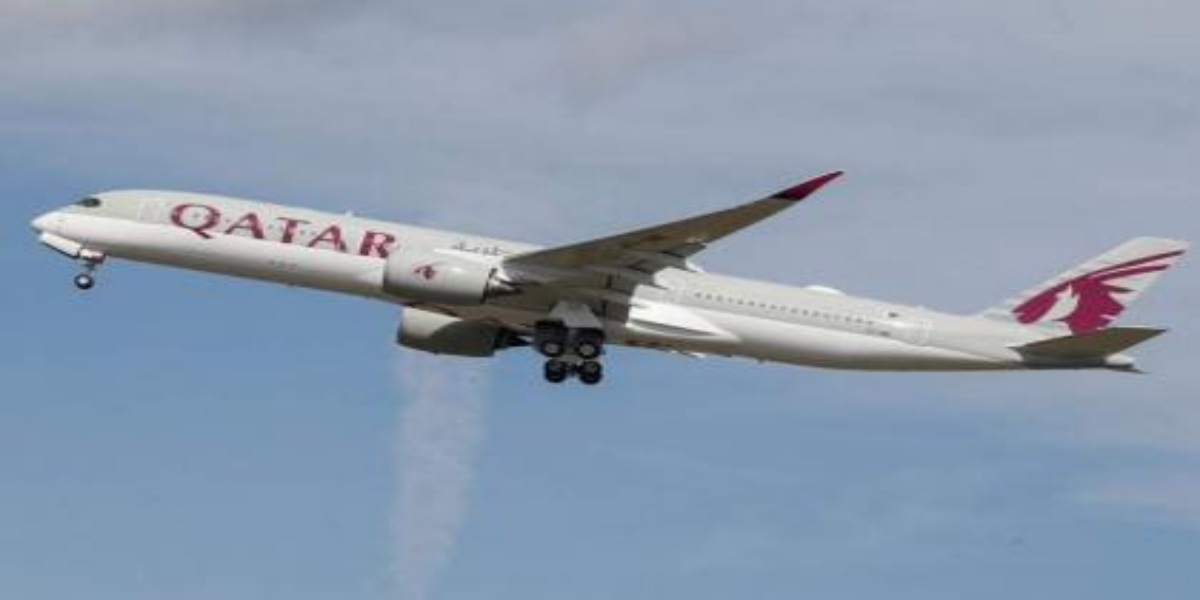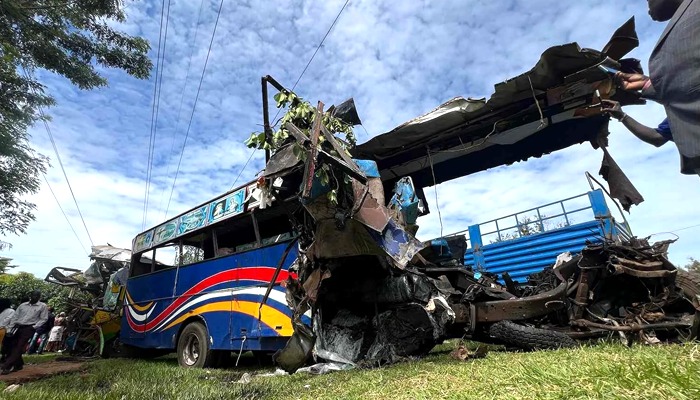As their public spat returns to London’s High Court on Tuesday, a British judge will rule on whether Airbus must continue to produce A321neo jetliners for estranged Qatar Airways, a decision that might have ramifications for future multibillion-dollar jet deals.
In January, Airbus terminated the A321neo contract in retribution for Qatar’s unwillingness to cease taking A350s in a separate legal and safety issue over damage to the larger planes’ surface.
Some carriers were disturbed by the decision to cancel the A321neo deal, which the head of the International Air Transport Association described as a “worrying” event in a segment of the market where Airbus has the majority of new orders.
Emirates’ CEO has stated that he is “not empathetic” to its primary Gulf rival over the A321neo debacle.
The two contracts are linked, according to Airbus, by a “cross-default” clause that allows the company to cancel one if the other is not honoured.
It has accused Qatar Airways, the A350’s largest client, of feigning safety concerns in order to avoid taking planes at a time when demand is low, and of filing a $1 billion compensation claim.
Qatar claims it was correct to halt A350 deliveries due to genuine safety concerns raised by Doha’s regulator about holes or corrosion in a sub-layer of lightning protection exposed by cratered paint on more than 20 grounded A350s. It states that
Officials from the airline industry are concerned that the A321neo case could set a precedent that will allow problems to ricochet from one contract to the next, tightening the control of aviation giants Airbus and Boeing (BA.N).
[embedpost slug=”qar-to-pkr-todays-qatari-riyal-to-pkr-rates-on-april-26-2022/”]
“People will take notice of this and take extra precautions to avoid cross-default clauses,” stated the CEO of a significant airline fleet.
Airbus, backed by European regulators, disputes that the A350 has any safety problems, though it has admitted that paint flaking is a feature of current carbon jets, necessitating more frequent re-painting.
The problem of decaying paint and the resultant exposing of anti-lightningmesh surrounding the carbon fuselage, according to Qatar Airways, is due to a design flaw in the jet.
The two sides have disagreed on the extent to which exposed lightning protection poses a risk to public safety. The planes have backup measures, according to Airbus, and the affected areas would have to be significantly larger to constitute a threat. Qatar Airways has stated that it cannot rule out such hazards without more information from Airbus and that it will not take any more A350s until the issue is resolved.
Both sides reacted angrily to Qatar’s unwillingness to accept delivery, which spilled over into the dispute over the cancelled A321neos.
The court case has pierced the veil of secrecy that has surrounded more than a decade of aircraft discussions, revealing highly guarded planning techniques within the global jet industry.
According to multiple industry sources, it is in neither side’s interest to launch a full-scale experiment, which would result in a deluge of additional disclosures and put the relationship between France and Qatar to the test at a time when Europe desperately needs new gas supplies.
Despite the fact that neither side has ruled out a negotiated settlement, Tuesday’s preliminary hearing is expected to reflect their exceptionally nasty divorce.
In contrast to its own marketing pitch, Airbus took the uncommon step of downplaying the advantages of its best-selling A321neo against Boeing’s 737 MAX during a previous hearing.
Most analysts see it as a legal manoeuvre to derail Qatar’s bid to restart the A321neo deal, which hinges on persuading a UK judge that there is no viable alternative.
A week later, CEO Guillaume Faury went on the attack against Boeing, telling shareholders that “our jets are more competitive for the bulk of them than… the competitors; the A321 in particular is exceptionally performing.”





















